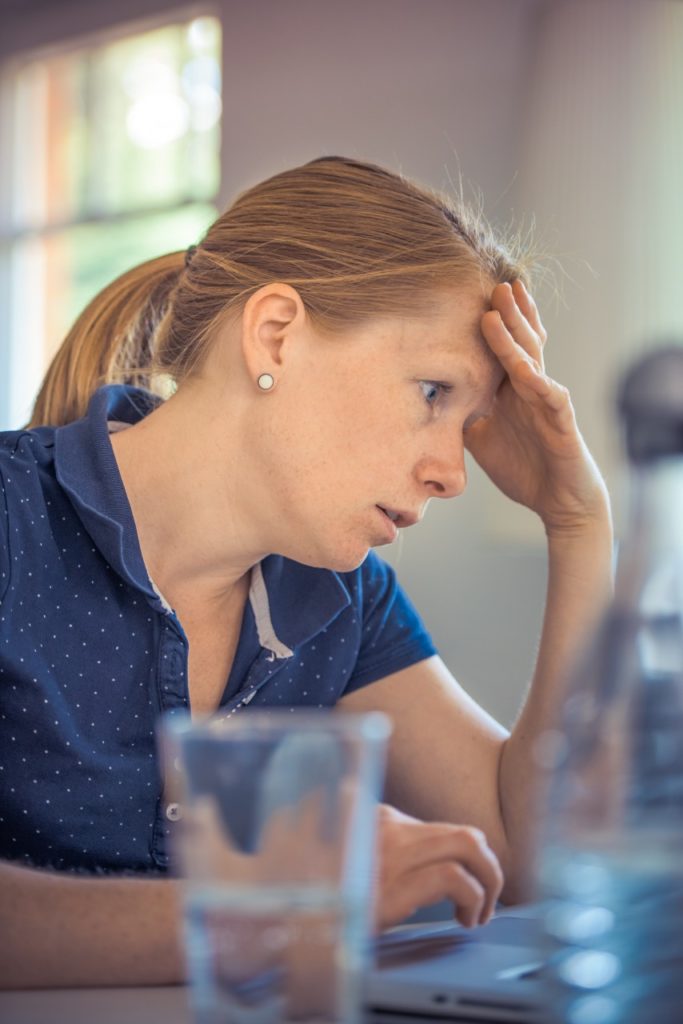When caretakers get help with their responsibility, they last longer. The other side of the coin: if you want something done right, do it yourself. And, when you work for yourself you have a maniac for a boss.
Delegation is a skill that can be learned and is not natural to many of us. How to draft help? Start with lots of helpful friends and family. A few assistance are OK, and being your own is brutal.
In addition to taking care of a loved one, you probably also have work, children and other responsibilities to worry about.
WFMY’s recent article entitled “Stay healthy while keeping your loved one healthy: 2 Wants to Know” reminds us that it’s important to care for yourself as well as your loved one’s mental and physical well-being. See assistance as a caretaker, and treat yourself as you would a friend helping you, or at least try to extend yourself that same patience and kindness.
How can you tell that a parent or other loved one might have onsetting capacity challenges? The indicators can be gradual and subtle. Some telltale signs that a visit to the doctor would be if your loved one is:
- Experiencing a change in sleeping patterns
- Feeling unusually confused, on edge, worried, or afraid
- Having low or no energy
- Eating much more or less than normal
- Experiencing prolonged grief that doesn’t subside
- Losing interest in things they once enjoyed
- Feeling helpless or hopeless; and
- Expressing thoughts of suicide.
A caretaker needs to know that a doctor might recommend cognitive behavioral therapy, psychotherapy, interventions, and instruction about lifestyle changes that promote positive mental health. Geriatric mental health professionals may prescribe medications. Coordinating the interactions of medications is often lacking, so be highly alert when doses change and new meds are added.
Serving as a caretaker or care coordinator is a tricky balancing act of helping, urging, and sometimes harping to get the help needed. It can give rise to family power struggles and infighting, and the disappointment of reasonable expectations.
As a caretaker, get help making this special gift of being at home or well protected to your loved one. You are a great asset to the older adult’s ability to stay home and be in good hands. Most senior patients see several healthcare providers, and they frequently have a complicated care routine to follow. This can be done more effectively by building a team to work together, gather help where and when available.
Professional in-home caregivers help monitor schedules of appointments, accompany the elderly to the doctor and pharmacy and provide health reminders. They can be hired directly to through an agency. If you are hiring the aide, treat this as a business, with tax withholdings and workers compensation, to avoid significant risk if the person hired gets hurt at work.
A home environment should be conducive to good mental health, and professional caregivers help with bathing, dressing, grooming, meal preparation, and housekeeping. They provide companionship for seniors that help alleviate social isolation and loneliness. They provide mental stimulation that lifts the spirits.
A family caregiver needs to know how to get help and can reduce stress significantly when a family partners with professional caregivers. In-home caregivers keep the family up to date about their loved one’s condition. The resulting peace of mind lets the family focus on their jobs, their other responsibilities, and their own health
Reference: WFMY (May 26, 2021) “Stay healthy while keeping your loved one healthy: 2 Wants to Know”


